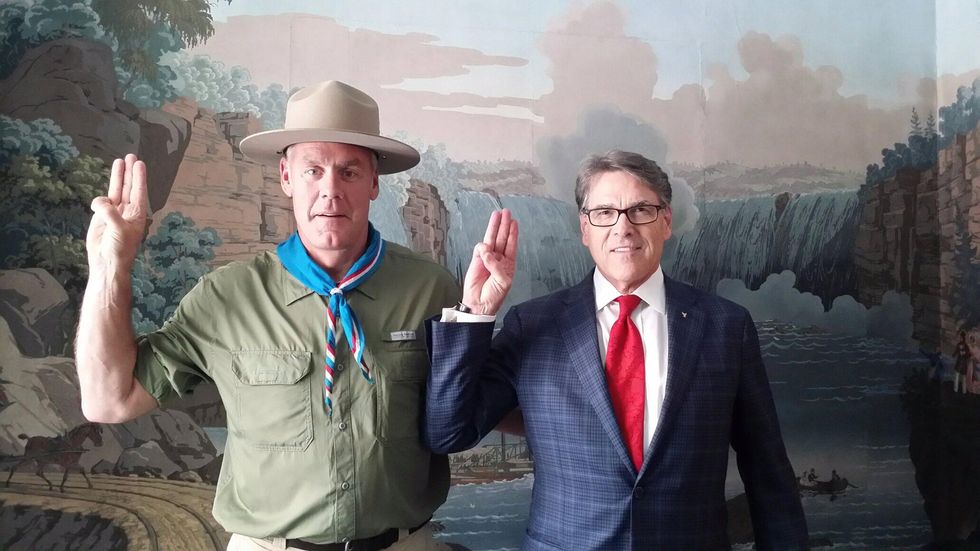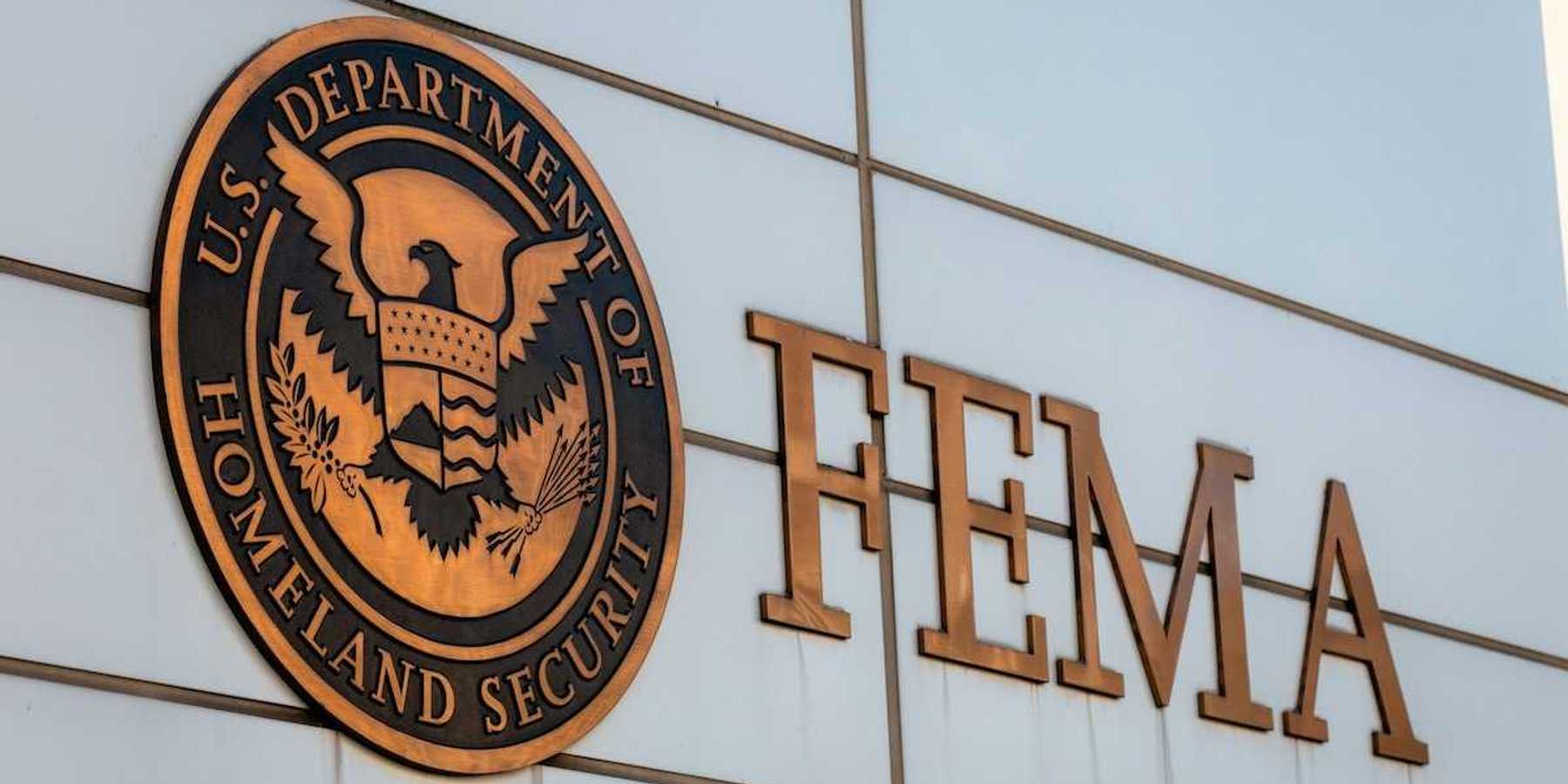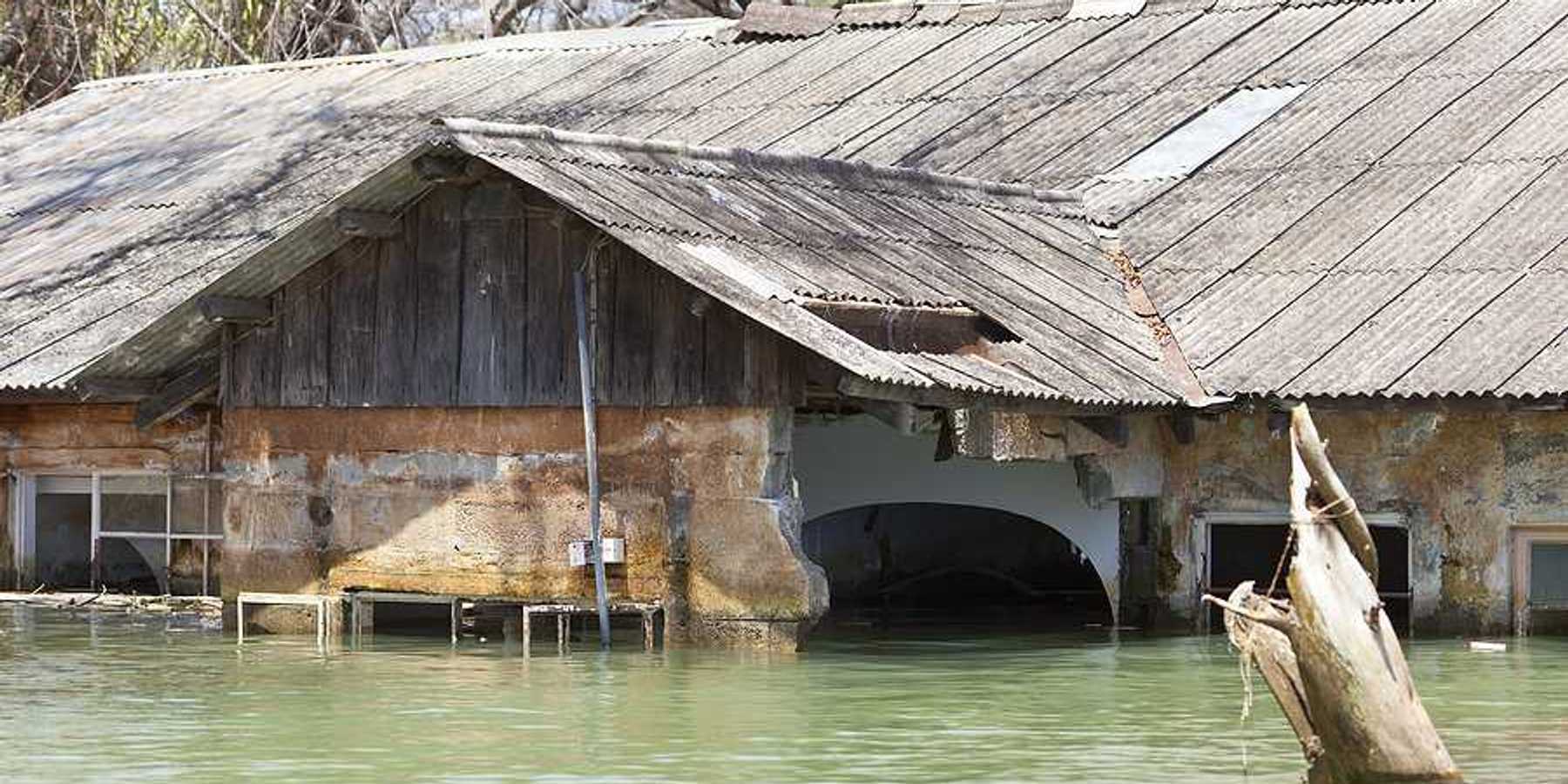Peter Dykstra: Public disservants
A quartet of Interior Secretaries who gave the rest a bad name.
The U.S. Department of the Interior oversees public lands, national parks and wildlife refuges, and has a major impact on the nation's environmental direction.
Here's a look at four previous men who led the department in less-than-admirable ways. They offer lessons as we choose our political leaders.
Columbus Delano
Columbus Delano was the poster child for American genocide as President Ulysses S. Grant’s Interior Secretary from 1871 to 1875. Prior to that, he was an anti-slavery Congressman. At the Interior, he helped pioneer what later became the National Park System by setting aside Yellowstone.
But along with Civil War hero Phil Sheridan, he championed the kill-and-conquer policy of the Plains Indians by wiping out bison. Tens of millions of the food, cultural and spiritual staples of the tribes were wiped out to clear the way for white westward expansion.
Delano made the bison’s extinction a de facto federal policy. It expedited the enthusiastic, then 250-year-old effort to wipe out the American Indian.
Columbus Delano was hardly the only high government official promoting both genocide and Athabascocide (sorry, but I think I just made up that word). But he gets special bonus points for being named after the founding father of American genocide, Christopher Columbus.
Albert B. Fall
Did you ever wonder how the term “fall guy” got its start? Some say it honors, or dishonors, Albert B. Fall, a centerpiece in the monumentally corrupt administration of President Warren G. Harding.
An Army vet and career politician, Fall became one of the first two New Mexico Senators upon its 1912 statehood. He fell in with “The Ohio Gang” that carried Harding to the presidency in the 1920 election. President Harding transferred Naval Petroleum Reserve sites in California and Wyoming from the Navy to Fall’s Interior Department.
Two California oil tycoons won no-bid contracts to the oil released from the government sites.
In April 1922, The Wall Street Journal (bloody journalists!) uncovered evidence of bribes from one of them, Edward Doheny. The “Teapot Dome Scandal,” so named for the Wyoming oil site, took hold.
Fall was indicted and convicted of conspiracy and served one year. But while the “fall guy” wasn’t the only one implicated, others, including Harding and Attorney General Harry Daugherty, skated.
James G. Watt
While James G. Watt’s Interior reign took a sharp pro-industry turn, his actual downfall came from a few ill-turned remarks and truly bad jokes.
Watt was a deeply religious attorney and all for conservative causes. Upon entering Ronald Reagan’s inaugural cabinet in 1981, he alarmed some moderate Republicans in California and Florida by advocating offshore oil and gas drilling. And he infuriated most Democrats by pushing to relax endangered species protections and expand coal mining.
But what drove him from office was his penchant for saying dumb things. Watt presaged the Jan. 6 horde when he said, “If the trouble from environmentalists cannot be solved in the jury box or at the ballot box, perhaps the cartridge box should be used.”
When asked about his obligation to protect nature for future generations he said, “My responsibility is to follow the Scriptures, which call upon us to occupy the land until Jesus returns.”
Watt cancelled a July 4 concert on the National Mall because he said the headlining Beach Boys would draw “the wrong element.” First Lady Nancy Reagan, a big Beach Boys fan, begged to differ. The concert was back on.
It all ended after a decidedly unfunny attempt to mock affirmative action laws by describing the diversity among the members of a low-ranking Interior panel: “I have a black, a woman, two Jews and a cripple. And we have talent."
Watt’s career as a public servant was over. But in 1996, he pled guilty to misdemeanor obstruction of justice in a case involving his lobbying the Department of Housing and Urban Development. He paid a $5,000 fine, performed 500 hours of community service, and completed five years of probation.
Ryan Zinke

Zinke hardly stood alone as a dubious cabinet choice for the Trump administration, but his appearance at a Boy Scout Jamboree in an outsized Eagle Scout outfit said it all for me.
His résumé also includes college football, the Navy Seals, a state legislator and one term as Montana’s sole member of Congress from 2015 to 2017. President Trump appointed him as his first Interior Secretary. Like Watt, he antagonized Democrats and environmentalists while pleasing fossil fuel interests. The day after his swearing-in, he rode a National Park Service horse to work.
During his time in the state House, he signed on to statements of concern about the potential for global damage from climate change. But in a 2014 debate for his Congressional seat, he said "climate change (is) not a hoax, but it's not proven science either.”
Dismounting the horse-he-rode-in-on, Zinke set to work revoking a last-minute Obama ban on lead hunting ammo; undermining endangered species law and the Migratory Bird Treaty Act, and more.
He ran into a spot or two of trouble on alleged misappropriation of department funds, but the Interior Inspector General ultimately found no serious wrongdoing.
After Hurricane Maria destroyed Puerto Rico’s electrical grid, a two-person firm from Zinke’s hometown, Whitefish, Montana, won a $300 million contract despite never having done a job bigger than $1.5 million. The stink from Whitefish Energy was so strong that Puerto Rico canceled the deal. Zinke denied any involvement, but even loyal Republicans held him at arm’s length thereafter.
Here comes the cherry on the sundae: He said climate change had no role in California’s horrific 2018 wildfires, but “environmental terrorist groups” did.
Trump announced that Zinke would leave Interior at the end of 2018. In 2019, he launched a new venture in – wait for it – crypto.
Last month, Montana voters returned Zinke to his old Congressional seat. Go figure.
So let’s put the best face on this: We haven’t had a genocidal murderer running the Interior Department for 150 years.
Peter Dykstra is our weekend editor and columnist and can be reached at pdykstra@ehn.org or @pdykstra.
His views do not necessarily represent those of Environmental Health News, The Daily Climate, or publisher Environmental Health Sciences.













